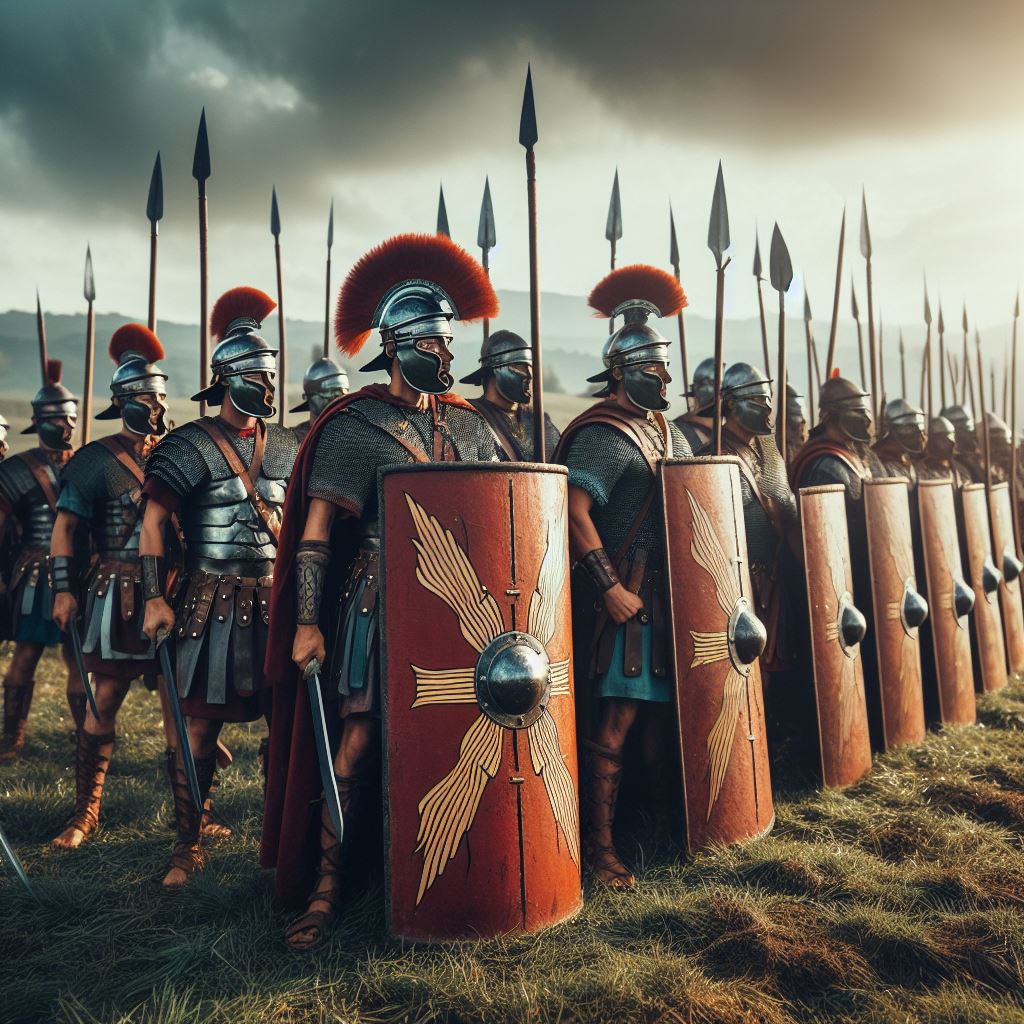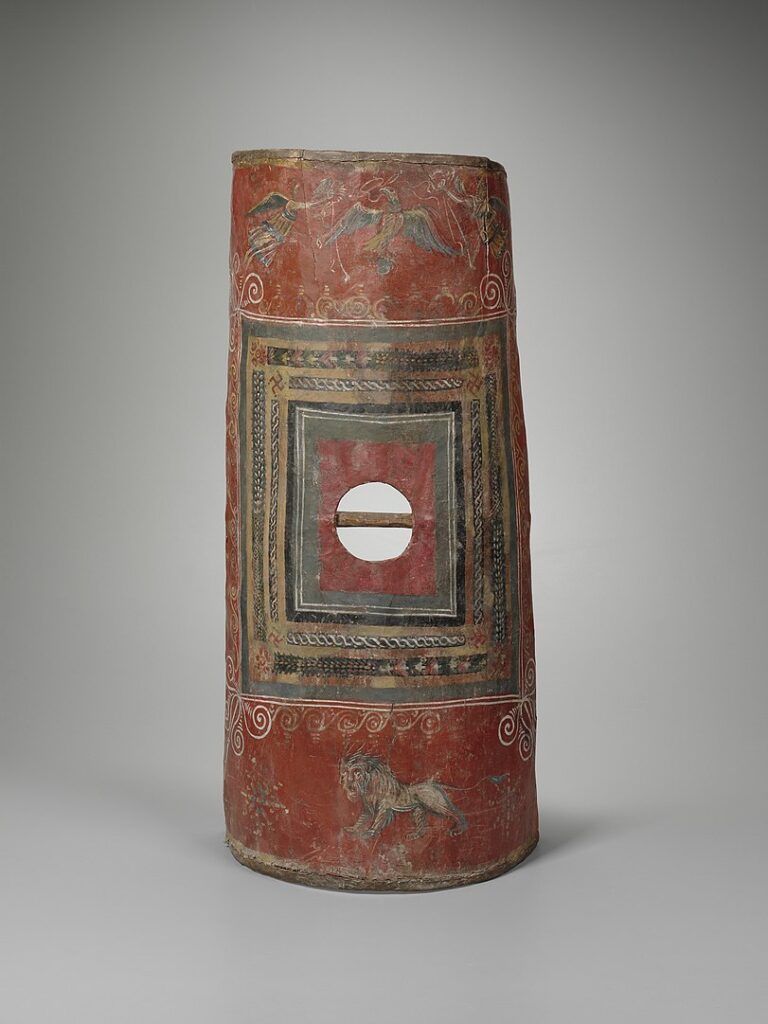The Roman Army stands as one of the most formidable forces in ancient history, renowned for its discipline, organization, and conquests. Let’s journey back in time to uncover the remarkable traits and structure of this legendary military powerhouse.

Formation and Structure of the Roman Army
At its peak, the Roman Army was a well-oiled machine, meticulously organized into legions, each comprising around 5,000 soldiers. These legions were further divided into cohorts, centuries, and maniples, ensuring a hierarchical structure that facilitated efficient command and control.
Training and Discipline
Discipline was the cornerstone of the Roman Army. From an early age, aspiring soldiers underwent rigorous training, honing their skills in combat, marching, and strategy. Discipline was enforced through strict punishments for disobedience, but also through a sense of camaraderie and duty to the empire.
Equipment and Weapons

Equipped with state-of-the-art gear, Roman soldiers were a force to be reckoned with on the battlefield. Their standard kit included helmets, shields, swords, and javelins. The iconic scutum shield provided excellent protection, while the gladius sword was a lethal close-combat weapon.
Tactics and Warfare
The Romans were masters of strategy, employing innovative tactics that often outmaneuvered their opponents. The famous “testudo” formation, or tortoise, allowed soldiers to create a shield wall protecting them from enemy projectiles. Other tactics included the “wedge” formation for breaking enemy lines and the “double envelopment” for surrounding adversaries.
Conquests and Expansion
Fuelled by ambition and military prowess, the Roman Army embarked on ambitious campaigns of conquest, expanding the borders of the empire across vast swathes of Europe, Africa, and the Middle East. From Julius Caesar’s conquest of Gaul to Trajan’s campaigns in Dacia, the Roman Army left an indelible mark on history through its conquests.
Legacy of the Roman Army
Though the Roman Empire eventually fell, the legacy of its army endures to this day. The principles of discipline, organization, and strategic thinking laid down by the Roman military continue to influence modern armed forces. Moreover, many of the tactics and weapons pioneered by the Romans are still studied and admired by military historians and enthusiasts alike.